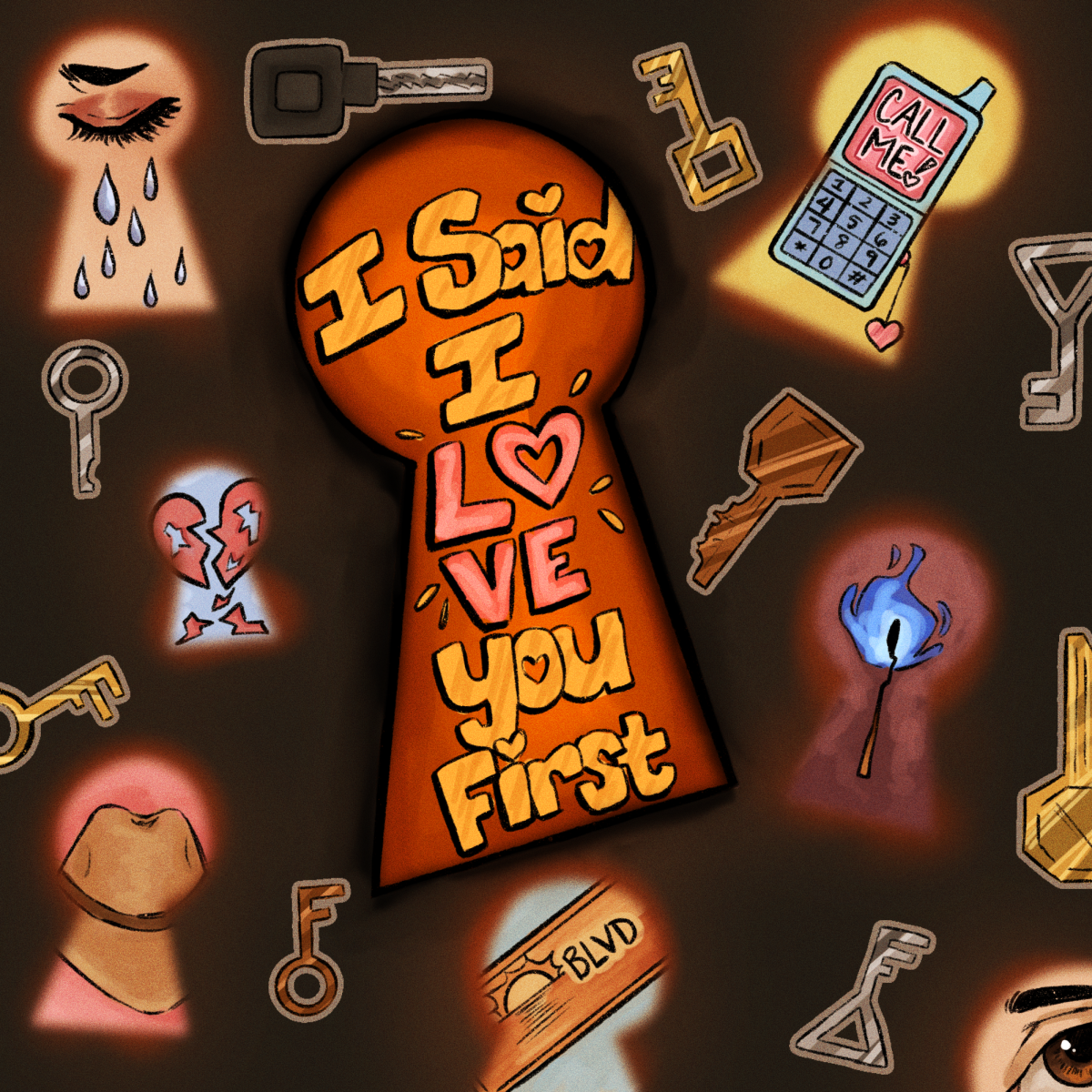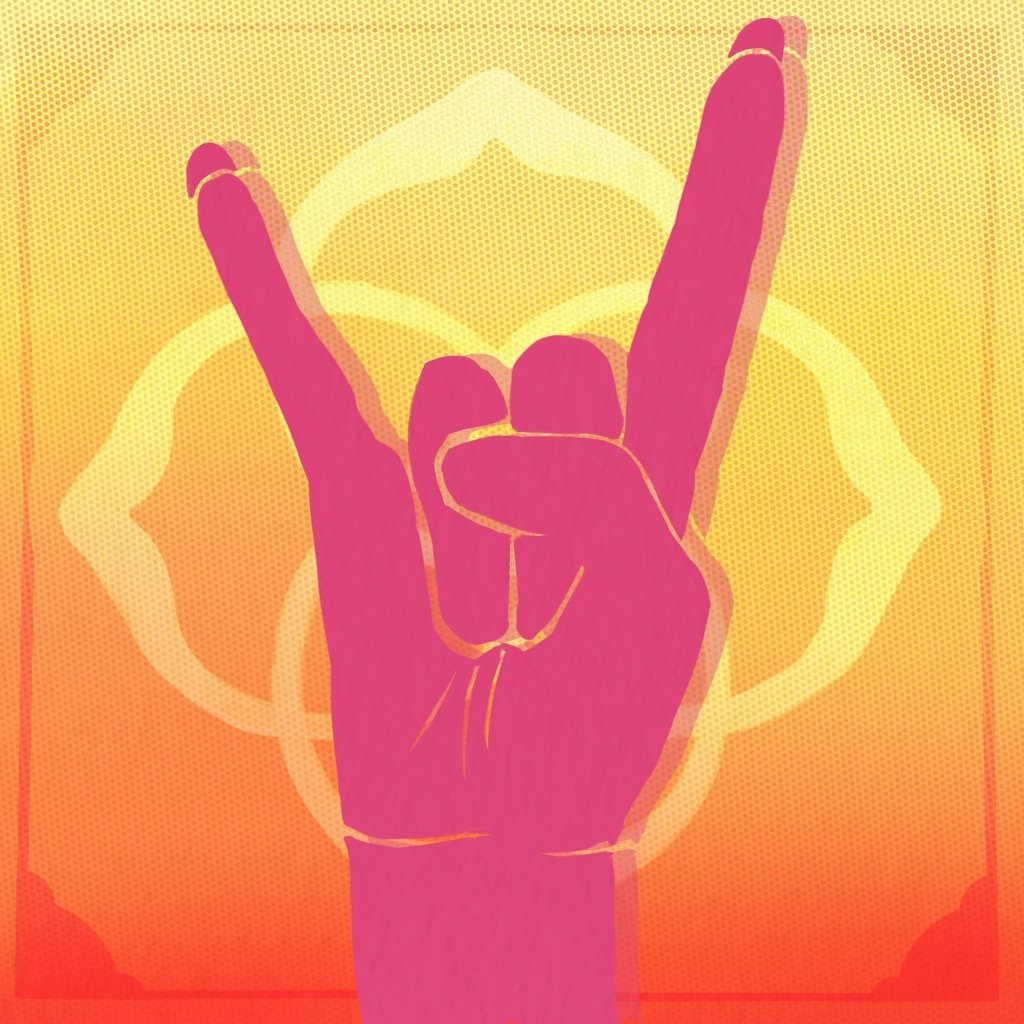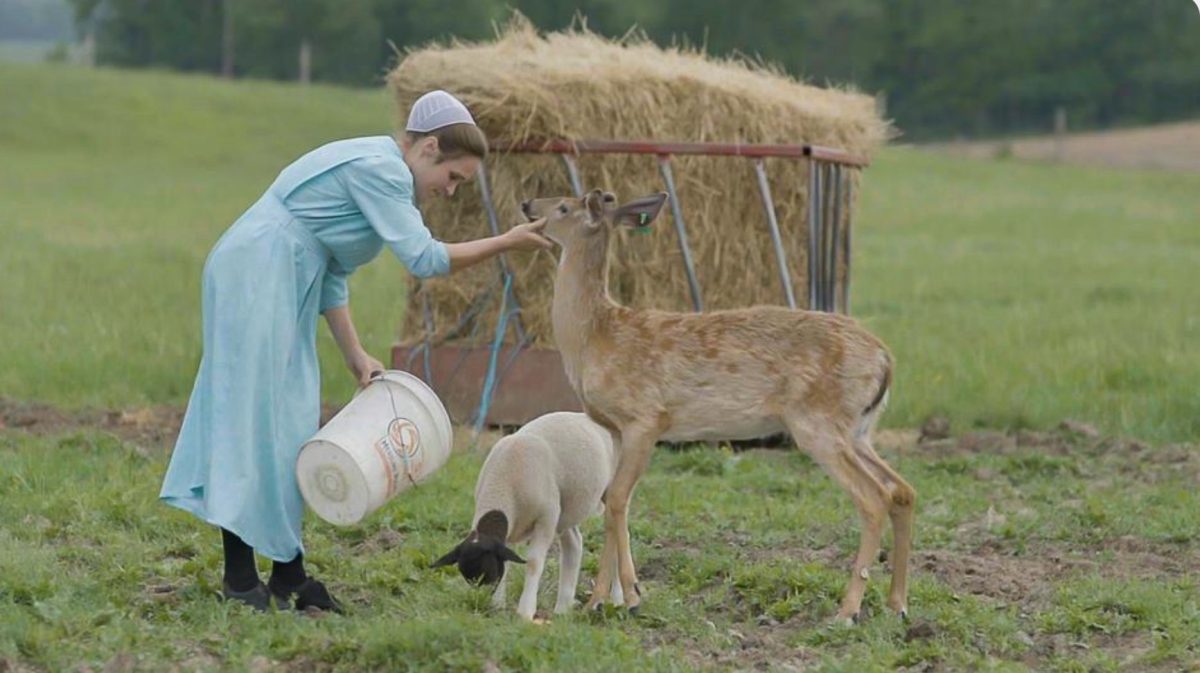A fragmented mirage in the Mojave Desert ricocheting in and out of view would be an adequate image to pair with the music in Sumach Valentine’s sophomore album, MU.ZZ.LE. Under the moniker Gonjasufi, Valentine is an inhabitant of the Mojave Desert by way of Las Vegas, and his 10 track LP is segmented with traces of lo-fi fuzz, dashes of hip-hop bass and waves of psychedelic beat, music suitable for grieving in scorching heat.
Valentine has weaved the diverse musical elements together and created something solid. The cohesion becomes accessible to lovers of the eclectic, but may also be confusing to those bothered by experimental approaches to composition. The musician/Bikram Yoga instructor employs his croaky voice, looming with rawness through solemn arrangements. Sounding beautifully dismembered, Gonjasufi explores a heavy sense of societal guilt in MU.ZZ.LE.
With his usual esoteric songwriting, the artist entrances the listener in songs such as “The Blame,” a track more reliant upon lyrics then electronic mixes. “You’re the one that divides this place/This place is so divided/Children walk on both legs/While man still learns to crawl.” Valentine makes a journey of introspection and explores human apprehensions directly through the eerie piano keys.
From the start of the album, “White Picket Fence” establishes the nature of the native San Diegan’s craft. His dark side creeps about with a Bjork-esque wail and dreamy guitar feedback dissolves, smoothly transitional into “Feedin’ Birds.” The track features Sumach’s wife, whose ghostly vocals ooze over grimy reverb. The woman’s heavenly voice compliments the blues-like breakdown, luring in the listener to the couple’s sorrow.
The subtle maracas in “Venom” allow for a tribal feel, mimicking sounds of a nighttime desert. Snare and cymbal hover over the ominous bass drum adding to the echoed chant. The song is repetitive, and while it falls under the dark theme that Valentine embeds in his album, it’s out of place, with Sufi repeating the title completely losing the listener.
At his first time working alone without the help of West Coast producers The Gaslamp Killer and Flying Lotus, Gonjasufi is left with his own rules of restraint, which could be why he lays himself completely vulnerable on MU.ZZ.LE. Many of the songs are contemplative, though it is up to the audience to make a conscious effort to understand Sufi’s lyrics; his crooning voice hard to understand.
At times, the 24 and-a-half minute album can come off as abrasive with a sense of foreboding due to Sufi’s languishing from start to finish. After releasing what sounds like a musical experiment, forcing the listener to bridge the gap between his direct intention and the implied, it will be interesting to see where Valentine goes from here. Perhaps he will begin to produce clear and concise forms of his art, rather than continue to muster the dazed interpretations he has done before.




















